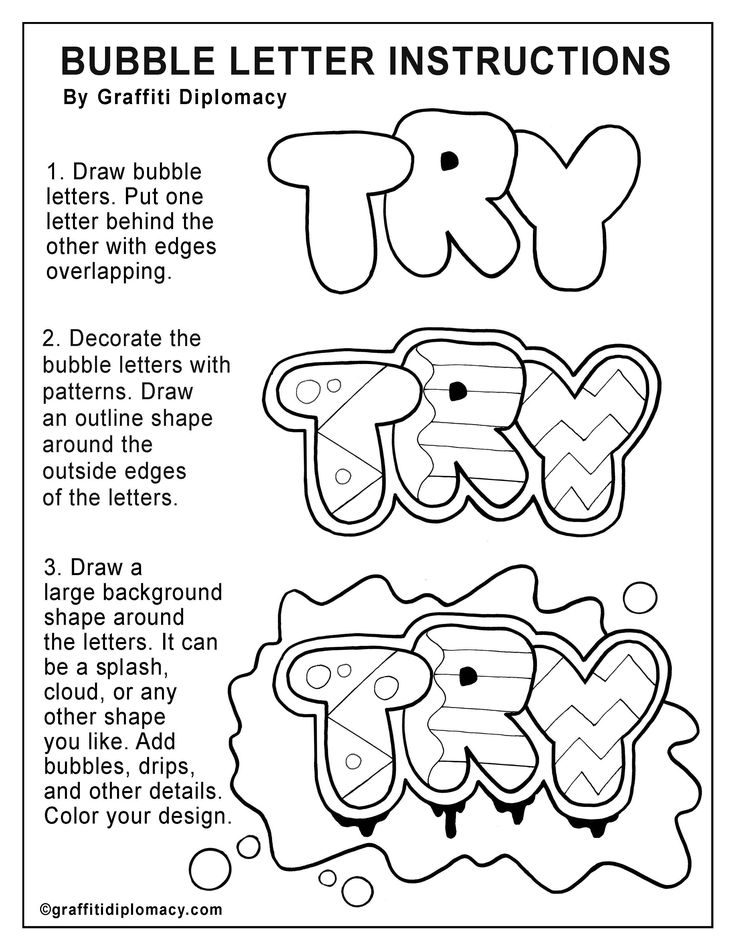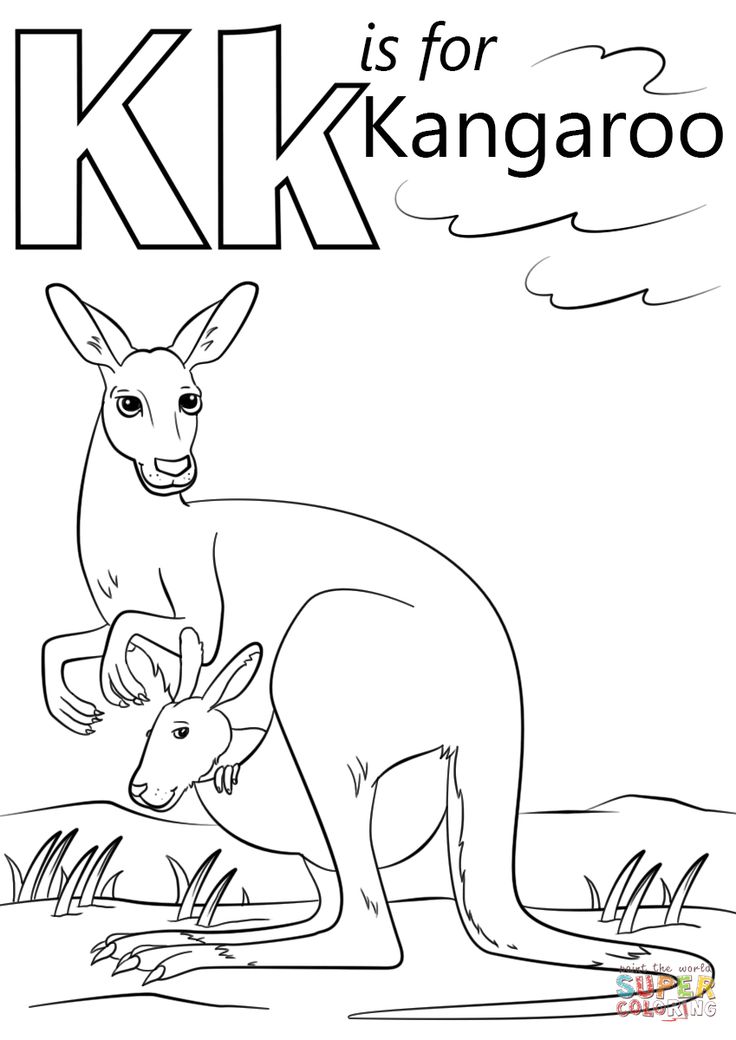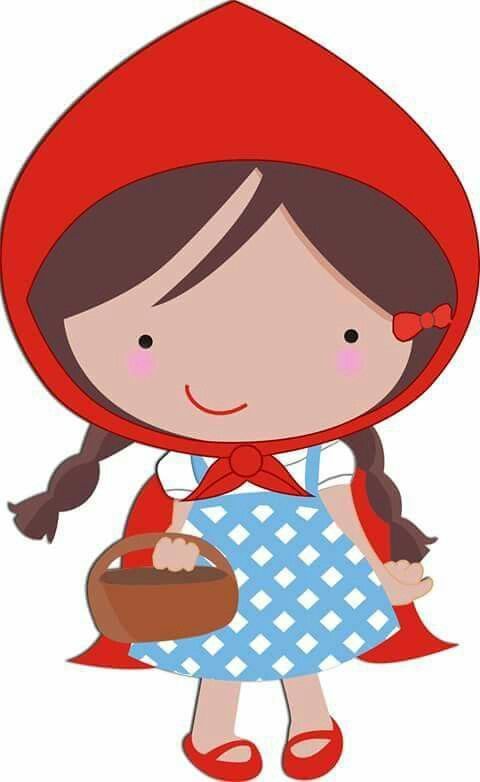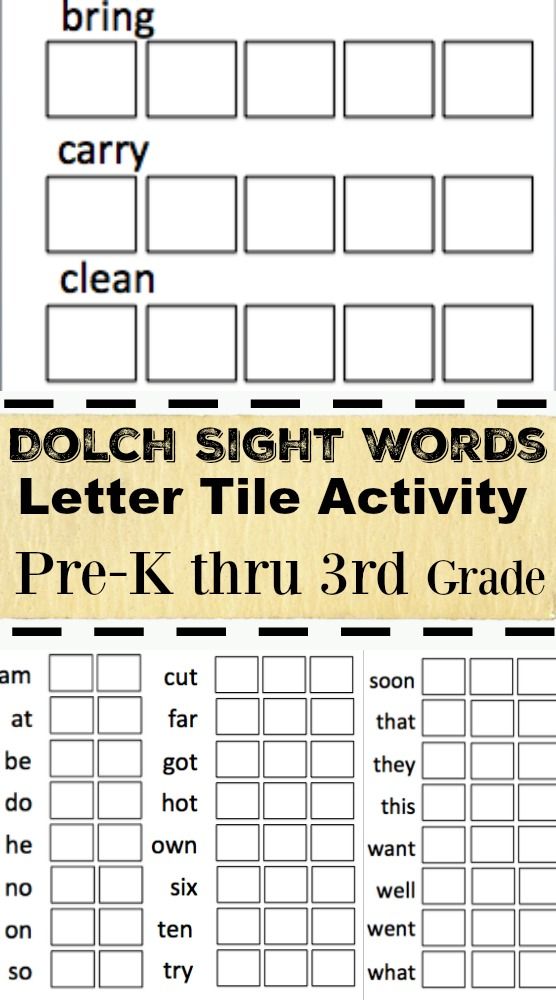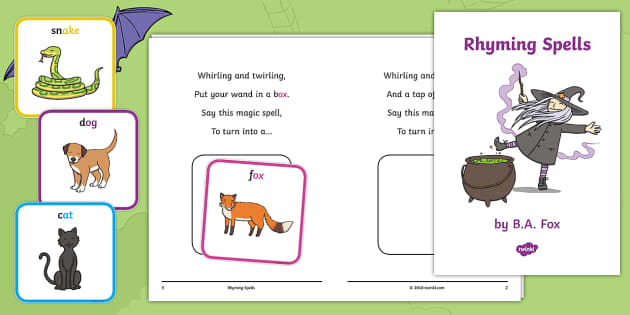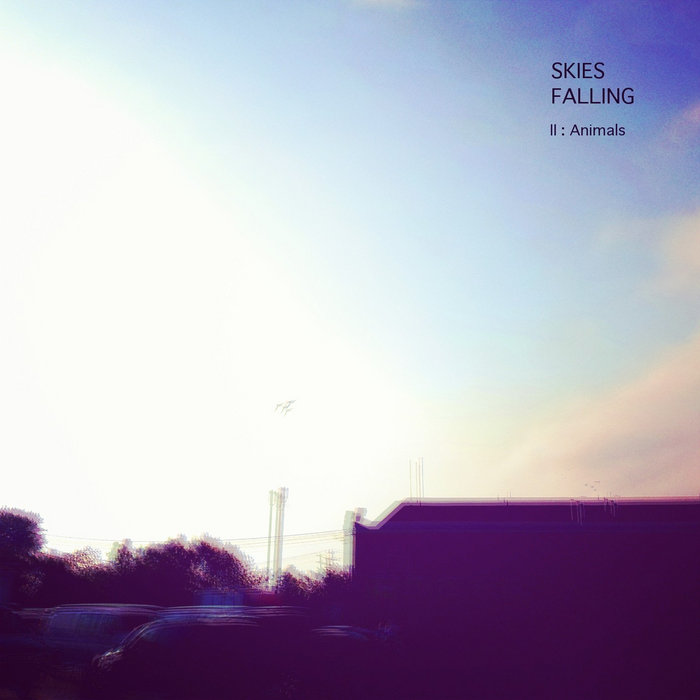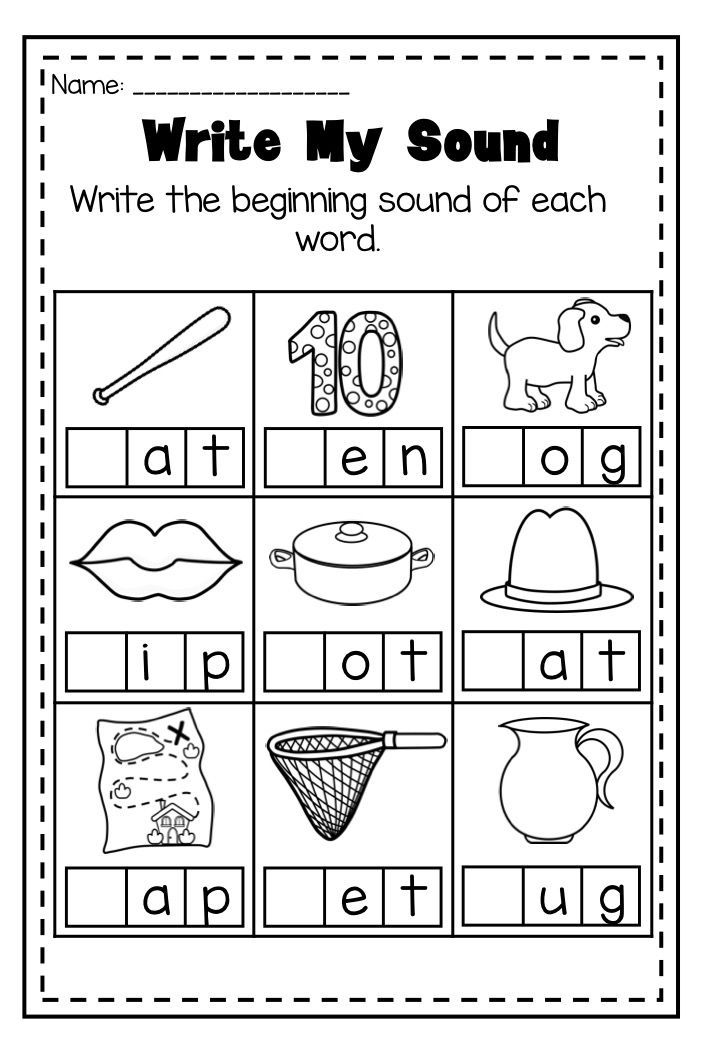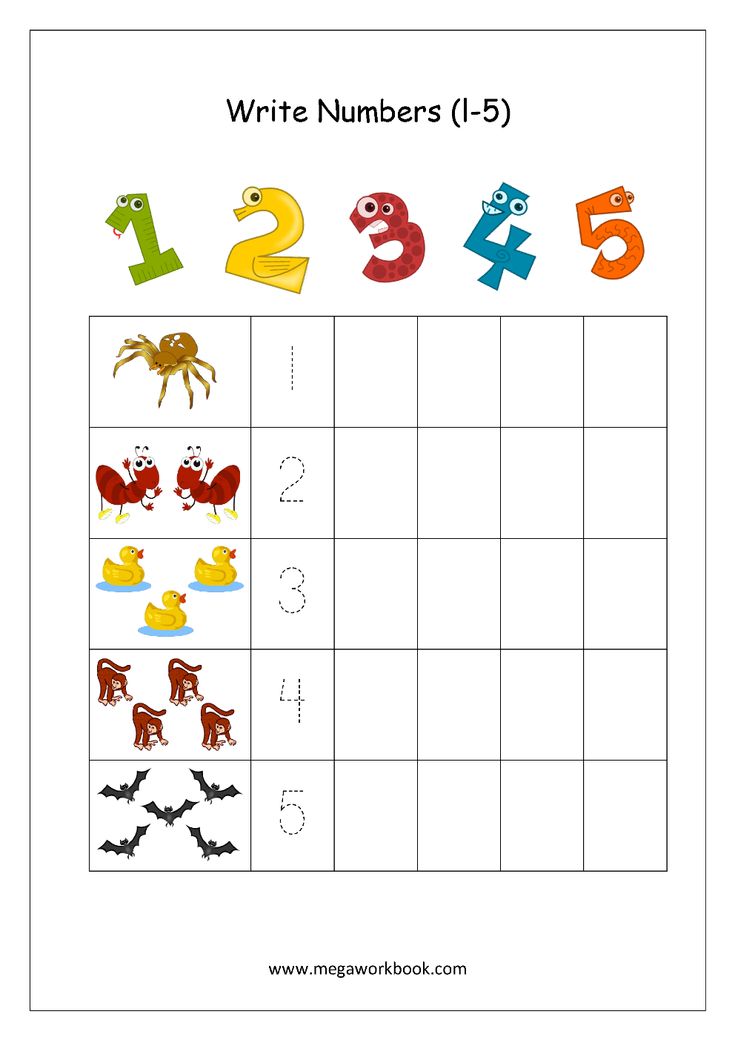Sight word vocabulary
Reading Support / Sight Vocabulary
-
Sight Vocabulary
Sight Vocabulary is the set of words that a child can immediately recognize without use of decoding strategies. The child is able to identify these words within a few seconds. An enlarged sight vocabulary improves reading fluency (rate), confidence, expression, and comprehension.
Below is the DOLCH Basic Sight Word List. It includes the most commonly used words in our language. Many of them cannot be sounded out so it is critical that they are learned as sight words. Mastery of these words is one key component in a child's success in reading. These words can be practiced using homemade flash cards or you may visit the website www.sightwordgames.com to print out cards. Work with your child on lists up to one grade level above their current level.
Pre-Primer Dolch List
a
look
and
make
away
me
big
my
blue
not
can
one
come
play
down
red
find
run
for
said
funny
see
go
the
help
three
here
to
I
two
in
up
is
we
it
where
jump
yellow
little
you
Primer Dolch List
all am
are
at
ate
be
black
brown
but
came
did
do
eat
four
get
good
have
he
into
like
must
news
no
now on
our
out
please
pretty
ran
ride
saw
say
she
so
soon
that
there
they
this
too
under
want
was
well
went
what who
will
with
yes
First Grade Dolch List
after
again
an
any
as
by
could
every
fly
from
give
going
had
has
her
him
his
how
just
know
let
live
may
of
old
once
open
over
put
round
some
stop
take
thank
them
then
think
walk
were
when
Second Grade Dolch List
always
found
tell
around
gave
their
because
goes
these
been
green
those
before
its
upon
best
made
us
both
many
use
buy
off
very
call
or
wash
cold
pull
which
does
read
why
don't
right
wish
fast
sing
work
first
sit
would
five
sleep
write
your
Third Grade Dolch List
about
better
bring
carry
clean
cut
done
draw
drink
eight
fall
far
full
got
grow
hold
hot
hurt
if
keep
kind
laugh
light
long
much
myself
never
only
own
pick
seven
shall
show
six
small
start
ten
today
together
try
warm
Teach Your Child to Read
Print your own sight words flash cards.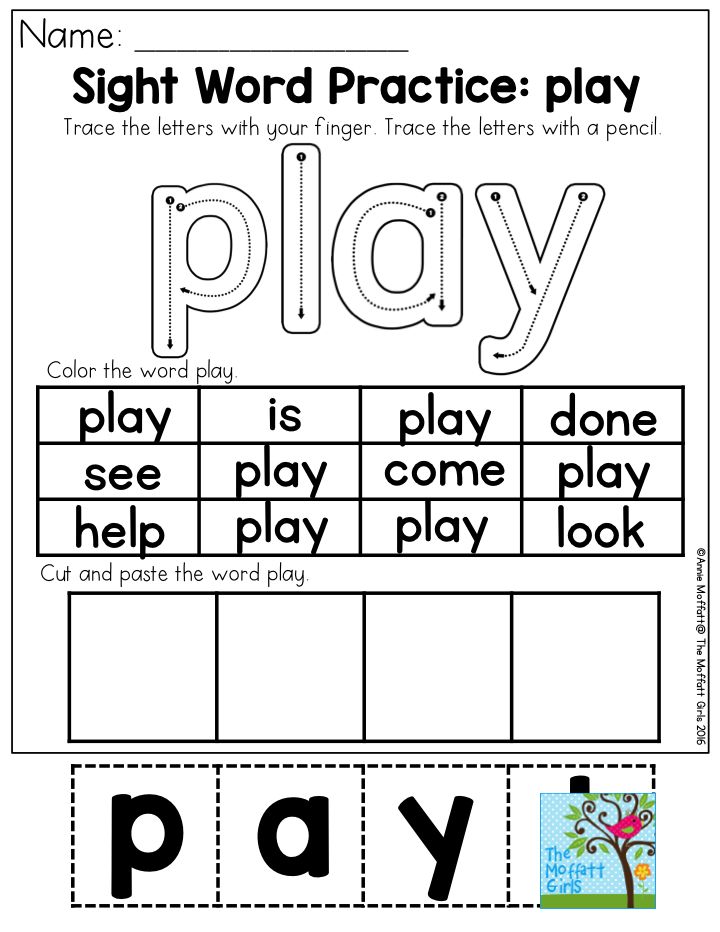 Create a set of Dolch or Fry sight words flash cards, or use your own custom set of words.
Create a set of Dolch or Fry sight words flash cards, or use your own custom set of words.
More
Follow the sight words teaching techniques. Learn research-validated and classroom-proven ways to introduce words, reinforce learning, and correct mistakes.
More
Play sight words games. Make games that create fun opportunities for repetition and reinforcement of the lessons.
More
Learn what phonological and phonemic awareness are and why they are the foundations of child literacy. Learn how to teach phonemic awareness to your kids.
More
A sequenced curriculum of over 80 simple activities that take children from beginners to high-level phonemic awareness. Each activity includes everything you need to print and an instructional video.
More
Teach phoneme and letter sounds in a way that makes blending easier and more intuitive. Includes a demonstration video and a handy reference chart.
More
Sightwords.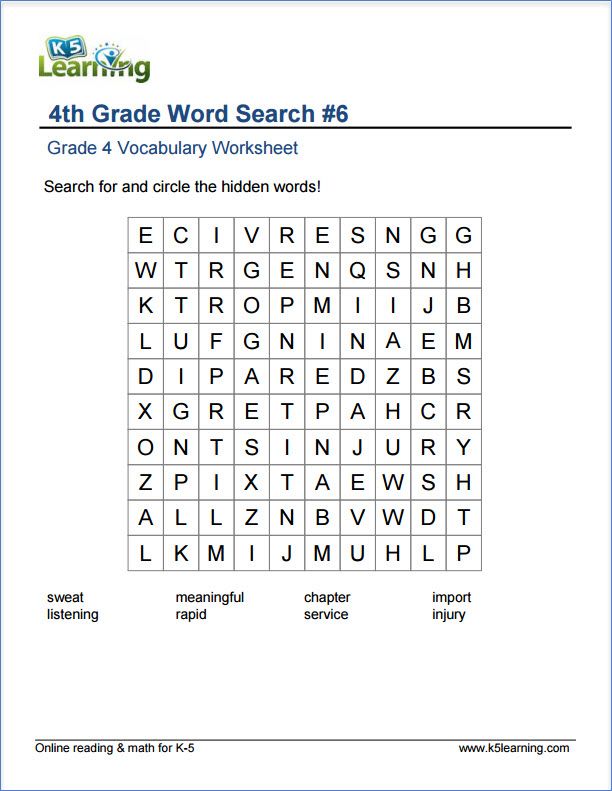 com is a comprehensive sequence of teaching activities, techniques, and materials for one of the building blocks of early child literacy. This collection of resources is designed to help teachers, parents, and caregivers teach a child how to read. We combine the latest literacy research with decades of teaching experience to bring you the best methods of instruction to make teaching easier, more effective, and more fun.
com is a comprehensive sequence of teaching activities, techniques, and materials for one of the building blocks of early child literacy. This collection of resources is designed to help teachers, parents, and caregivers teach a child how to read. We combine the latest literacy research with decades of teaching experience to bring you the best methods of instruction to make teaching easier, more effective, and more fun.
Sight words build speed and fluency when reading. Accuracy, speed, and fluency in reading increase reading comprehension. The sight words are a collection of words that a child should learn to recognize without sounding out the letters. The sight words are both common, frequently used words and foundational words that a child can use to build a vocabulary. Combining sight words with phonics instruction increases a child’s speed and fluency in reading.
This website includes a detailed curriculum outline to give you an overview of how the individual lessons fit together.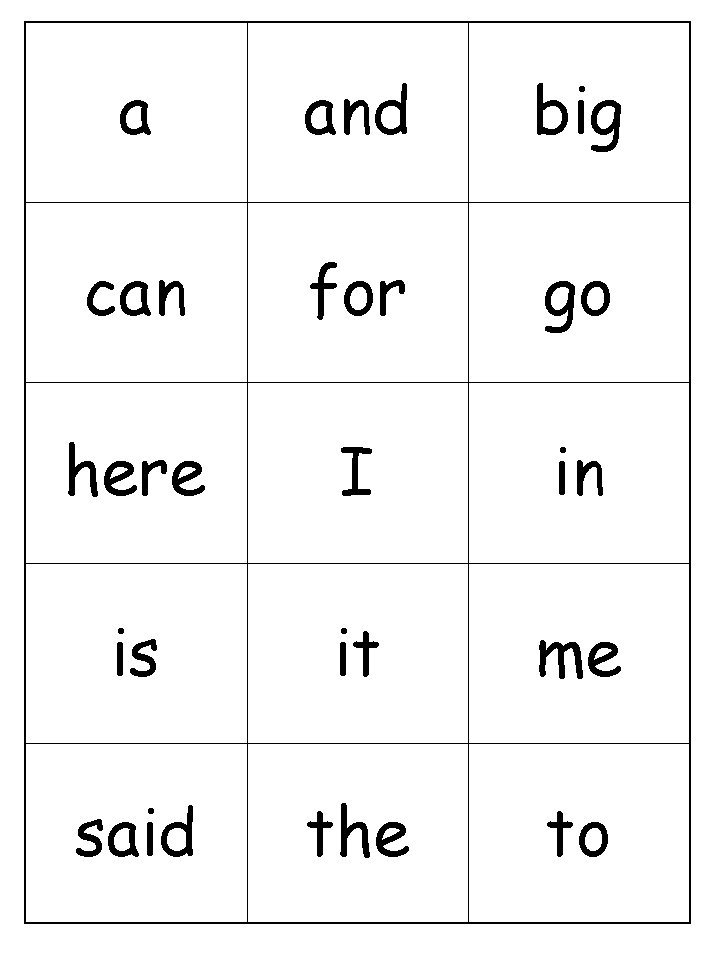 It provides detailed instructions and techniques to show you how to teach the material and how to help a child overcome common roadblocks. It also includes free teaching aids, games, and other materials that you can download and use with your lessons.
It provides detailed instructions and techniques to show you how to teach the material and how to help a child overcome common roadblocks. It also includes free teaching aids, games, and other materials that you can download and use with your lessons.
Many of the teaching techniques and games include variations for making the lesson more challenging for advanced students, easier for new or struggling students, and just different for a bit of variety. There are also plenty of opportunities, built into the lessons and games, to observe and assess the child’s retention of the sight words. We encourage you to use these opportunities to check up on the progress of your student and identify weaknesses before they become real problems.
Help us help you. We want this to be a resource that is constantly improving. So please provide us with your feedback, both the good and the bad. We want to know which lessons worked for your child, and which fell short. We encourage you to contribute your own ideas that have worked well in the home or classroom.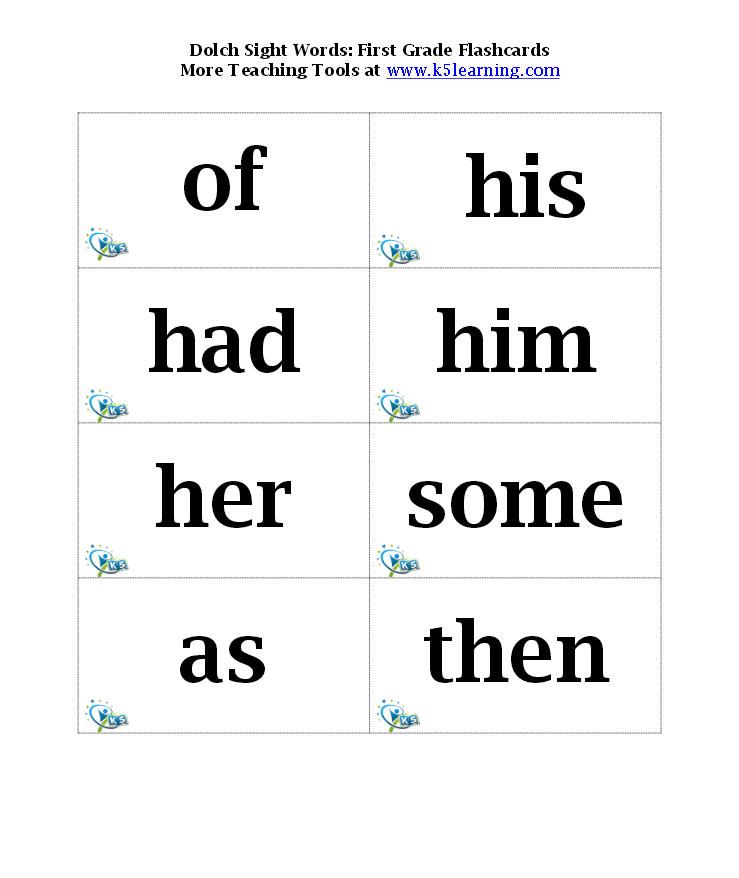 You can communicate with us through email or simply post a response in the comments section of the relevant page.
You can communicate with us through email or simply post a response in the comments section of the relevant page.
Poor, age-inappropriate vocabulary
Some parents whose children are already in school have received complaints from teachers that their children have a rather poor vocabulary that is not appropriate for their age.
A child's vocabulary is mainly formed in the family and is finally formed by the age of 6-7. If this does not happen, parents will have to deal with replenishing the vocabulary and developing the thinking of their baby along with specialists.
Your child may know a large number of words, and if asked, he will easily explain their meaning. However, this is a passive rather than an active vocabulary (lexicon).
Often the problem lies in insufficient reading, lack of sociability or, on the contrary, excessive activity of the child and his tendency to intercept words from youth slang.
Common problems of all toddlers and some adolescents with poor vocabulary are:
- Frequent use of interjections and pronouns;
- The words "parasites";
- Gestures that replace words.
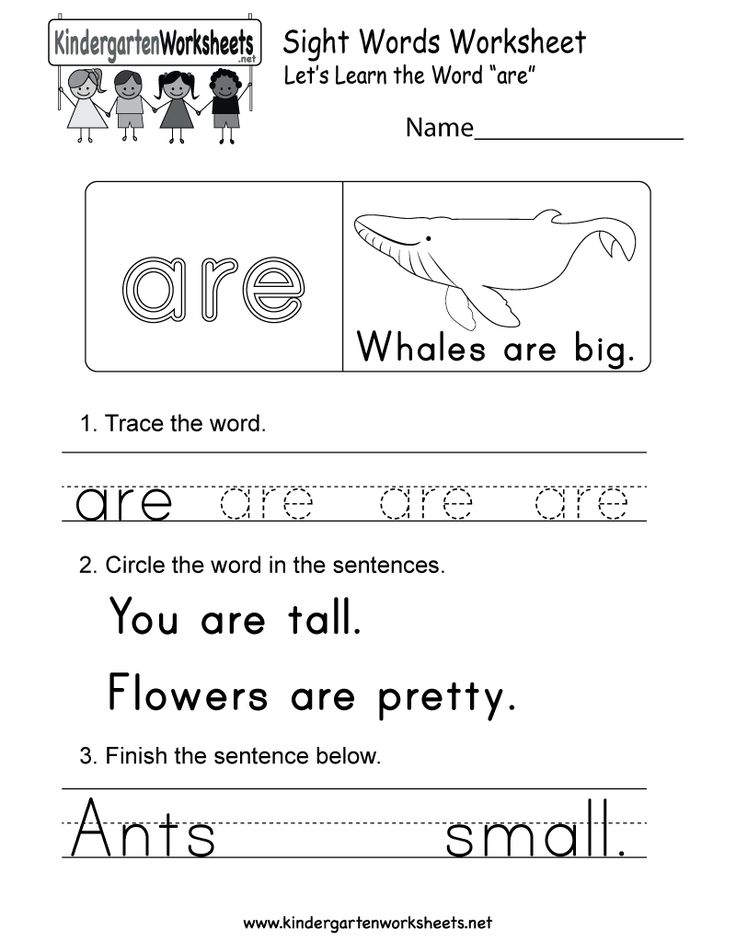
Children who have difficulty expressing their thoughts begin to imitate others, as a result of which they learn not the best vocabulary.
Poor vocabulary provokes an inaccurate understanding of the meanings of many words. There is nothing for such children to select test words from, so they often make mistakes when writing.
Deviations in the development of the vocabulary usually do not disappear on their own and require special attention not only from adults, but also from doctors.
Speech therapists from the Medicenter clinic network will help develop the child's vocabulary. The center's specialists have extensive experience and their own methods, which allow achieving high results in enriching the vocabulary of children of all ages.
Structural subdivision
Polikarpova
Alley Polikarpova 6k2
Primorsky district
- Pioneer
- Specific
- Komendantskiy
Structural subdivision
Zhukov
Prospekt Marshala Zhukov 28k2
Kirovsky district
- Avtovo
- Veterans Avenue
- Leninsky Prospekt
Structural subdivision
Devyatkino
Okhtinskaya alley 18
Vsevolozhsk district
- Devyatkino
- Civil Avenue
- Academic
You can get detailed information and make an appointment by calling +7 (812) 640-55-25
Make an appointment
5 exercises to develop vocabulary
How pleasant it is to listen to eloquent and competent speech when a person knows how to choose the right words and accurately describe his thought.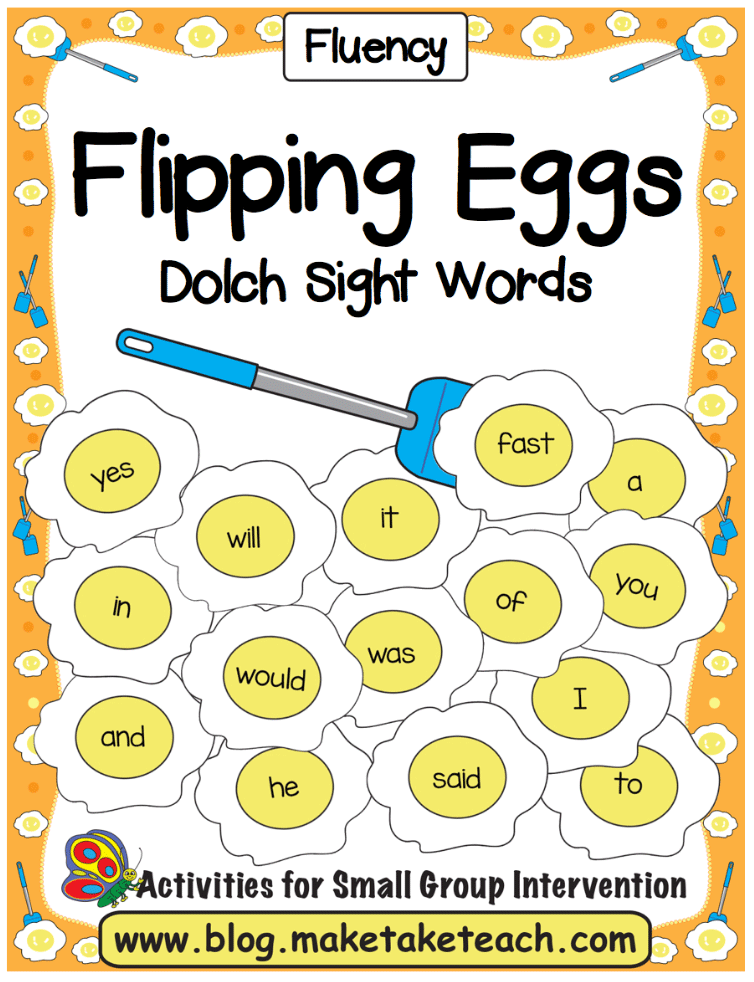 And illiterate, “poor” speech, which is quite difficult to understand, cuts the ear just as much. It is a large vocabulary that is a sign of intellectual development and can help you in learning, working or speaking in front of a large audience.
And illiterate, “poor” speech, which is quite difficult to understand, cuts the ear just as much. It is a large vocabulary that is a sign of intellectual development and can help you in learning, working or speaking in front of a large audience.
Before starting the study of exercises to increase vocabulary, let's look at the types of vocabulary:
- Active vocabulary. These are the words that we use in everyday life when communicating with friends, family, colleagues. When writing letters, SMS in chat, social networks. When we speak, we do not think about words and do not put effort into constructing sentences.
- Passive vocabulary. These are words that we know, but do not use in conversation. As a rule, the passive reserve can be 2-3 times greater than the active one. On occasion, we can search in our head and find the right words, but we do this very rarely.
- External vocabulary. These are words we don't know. Usually these are specific words from the professional field of activity.
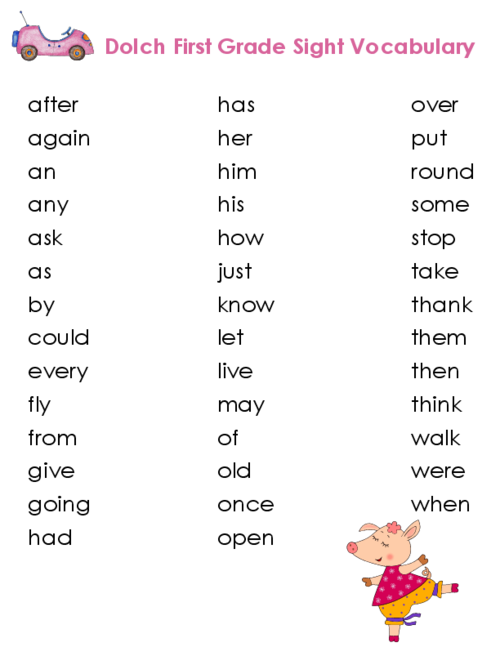
It is rather difficult to set clear boundaries in the vocabulary. Children's vocabulary can average 1000 words, adults have 10 times more. Erudite people who are constantly engaged in self-development, read a lot of books and constantly study, have a vocabulary of up to 50,000 words. Therefore, we have selected such universal exercises to expand the active vocabulary that schoolchildren, students or specialists can perform.
- Alphabet exercise. You need to come up with a sentence in which all words will begin with the next letter of the alphabet. Example: "Alina runs in the thick of trees." Try to make long sentences using words from A to Z.
- Noun exercise. Make up a story and tell it using only nouns. "Morning. Water. Walk. Dog. Tea. Breakfast. Underground. Job. Meeting. Tasks. Dinner."
- Exercise "Verbs". Repeat the previous exercise, only using verbs instead of nouns.
- Exercise "Adjectives and adverbs". Also invent a story, just voice it now with the help of adjectives and adverbs.
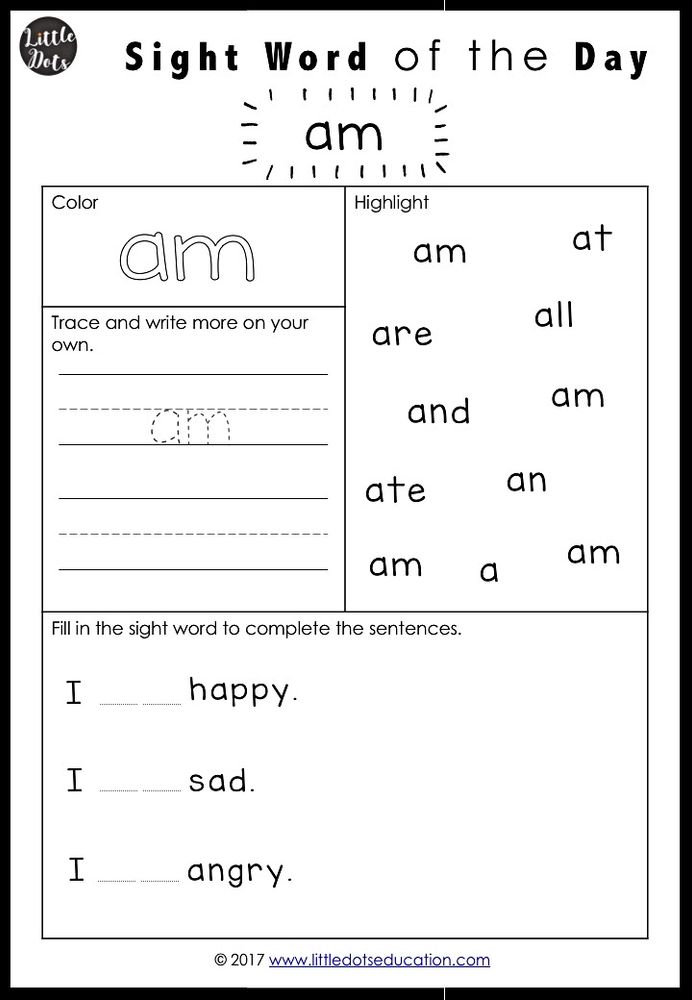
Learn more




